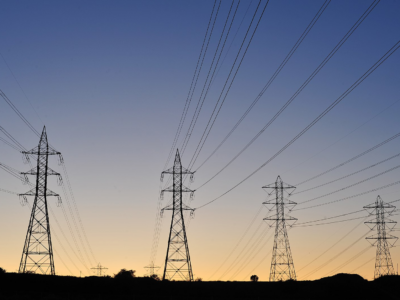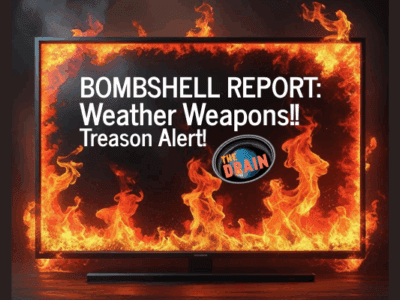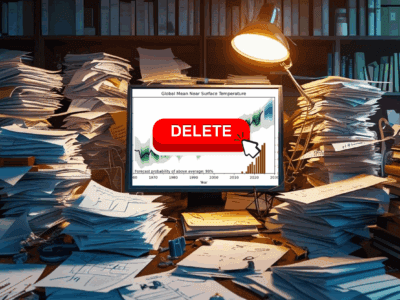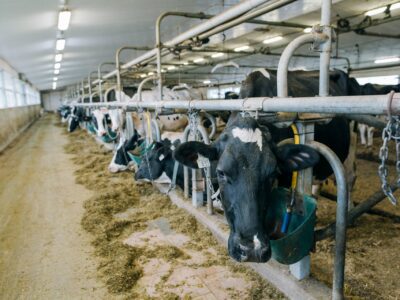Search Results for: feed
Of Pistachios and Water Features
What might be included in the SB 131’s CEQA exemption for advanced manufacturing may surprise you
One of the most controversial provisions of SB 131, which created a range of new CEQA exemptions, was an exemption for “a facility for advanced manufacturing, as defined in Section 26003, if the project is located on a site zoned exclusively for industrial uses.” But what on earth might that cover? Is this a broad …
Continue reading “Of Pistachios and Water Features”
CONTINUE READING3 Lessons for a Regional Western Electricity Market
California is paving the way for the creation of an independent regional organization to oversee Western energy markets. It can learn from mistakes made in other regions.
In case you missed it among all the other news, the California legislature passed AB 825 in September (and Gov. Gavin Newsom signed it as part of the big energy package), paving the way for the creation of an independent regional organization to oversee Western energy markets. This presents a whole set of interesting challenges …
Continue reading “3 Lessons for a Regional Western Electricity Market”
CONTINUE READINGQuiet Climate Policy
Just because climate change isn’t salient for most voters doesn’t mean policy isn’t important
This Substack post from Matthew Yglesias on climate policy gets, I think two things right and one thing wrong. And getting those three components of climate policy correct is, I believe, important to long term, politically sustainable success in addressing climate change. First, as Yglesias correctly notes, climate change is not a priority for most …
Continue reading “Quiet Climate Policy”
CONTINUE READINGHow broad does Clean Water Act 401 certification sweep?
Recent disputes over infrastructure projects highlights the importance of the question
Another issue for ping-pong governance over the past few years has been certification under Section 401 of the Clean Water Act. For those of you who are not deep into the weeds of the Clean Water Act, Section 401 requires (a) federal agencies that are issuing licenses or permits that (b) result in discharges to …
Continue reading “How broad does Clean Water Act 401 certification sweep?”
CONTINUE READINGSome Good News About the El Segundo Chevron Explosion
The Drain is a weekly roundup of environmental and climate news from Legal Planet.
When the state’s second-largest refinery emitted a fireball into the heavens last week, it was bad. But it wasn’t all bad. The “incident” at the Chevron refinery in El Segundo was a good reminder that air pollution is present during the entire life cycle of oil and gas products, from when it comes out of …
Continue reading “Some Good News About the El Segundo Chevron Explosion”
CONTINUE READINGHow to Dissent? Learn American History
The Drain is a weekly roundup of environmental and climate news from Legal Planet.
It sounds cliché, but when you face a crisis, it helps to remember times that you’ve overcome adversity. That’s the power of history. And it’s one of the reasons I think the new PBS documentary “Clearing the Air: The War on Smog” is crucial to share right now. In the 1940s, dark, smoky clouds crept …
Continue reading “How to Dissent? Learn American History”
CONTINUE READINGWhy are California’s Zero-Emission Truck Standards Under Attack?
They are highly effective, as CLEE’s new Factsheet series on Zero-Emission Trucks documents.
The world of zero-emission trucks is at a pivotal moment. On one hand, the technology is rapidly advancing, and manufacturers are producing a growing number of zero-emission truck models in Europe, China, and here in California. Yet on the other hand, this clean transition is facing significant political and legal challenges from the U.S. federal …
Continue reading “Why are California’s Zero-Emission Truck Standards Under Attack?”
CONTINUE READINGWhy Does Misinformation Follow Extreme Weather?
The Drain is a weekly roundup of environmental and climate news from Legal Planet.
Nowadays when an extreme weather event strikes in America, what follows is a secondary emergency in the form of misinformation on social media. We’ve seen it play out after floods and heat waves, but this phenomenon really goes into overdrive after hurricanes and wildfires. A recent report from the Center for Countering Digital Hate looked …
Continue reading “Why Does Misinformation Follow Extreme Weather?”
CONTINUE READINGThe Energy Secretary Pushes Pseudoscience
The Drain is a weekly roundup of environmental and climate news from Legal Planet.
Remember alternative facts? That catch phrase from Season 1, Episode 1 where Trump officials lied about the size of his inauguration crowd has now metastasized into a governing philosophy for how federal agencies plan to ignore, and ultimately exacerbate, the climate crisis. Trump 2.0 is pushing alternative science. Late last month, Energy Secretary Chris Wright …
Continue reading “The Energy Secretary Pushes Pseudoscience”
CONTINUE READINGThe Animal Agriculture Industry Undermines Climate Action
Guest Contributor Alexander Wood, a UCLA Law student, writes that lessons learned from Big Oil can be applied to animal agriculture.
The case for decarbonization to address climate change is often, understandably, directed toward the fossil fuel industry. Public opinion toward the oil and gas industry has shifted in recent years, driven in part by public protests and litigation. Why hasn’t there been more movement against greenhouse gas emissions caused by animal agriculture? Emissions from Animal …
Continue reading “The Animal Agriculture Industry Undermines Climate Action”
CONTINUE READING









